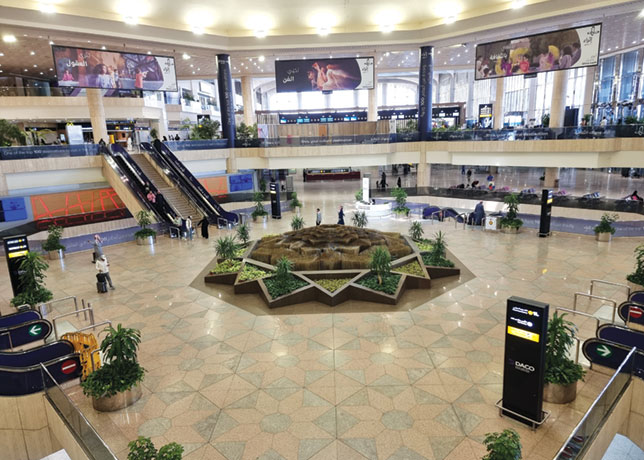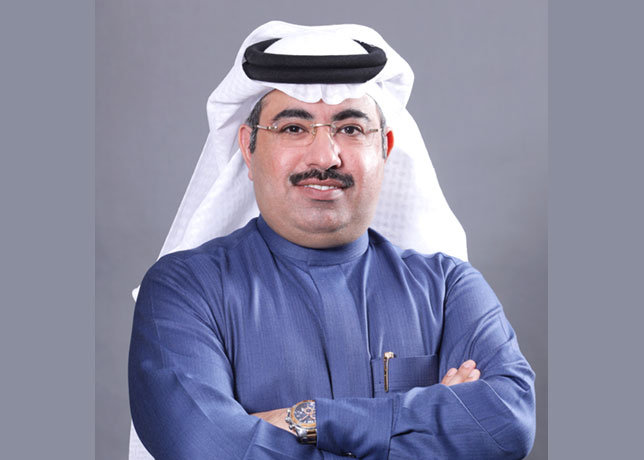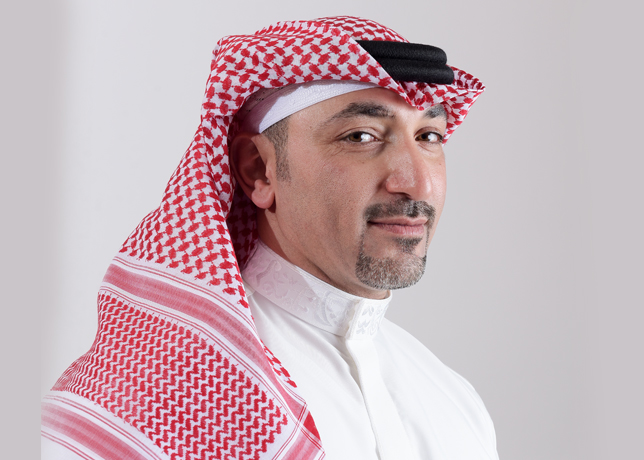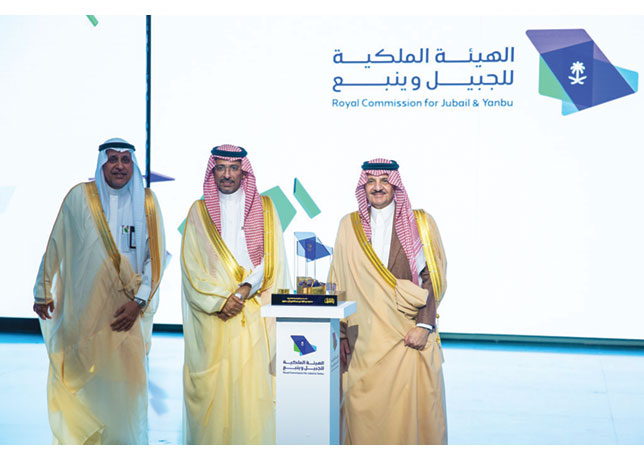
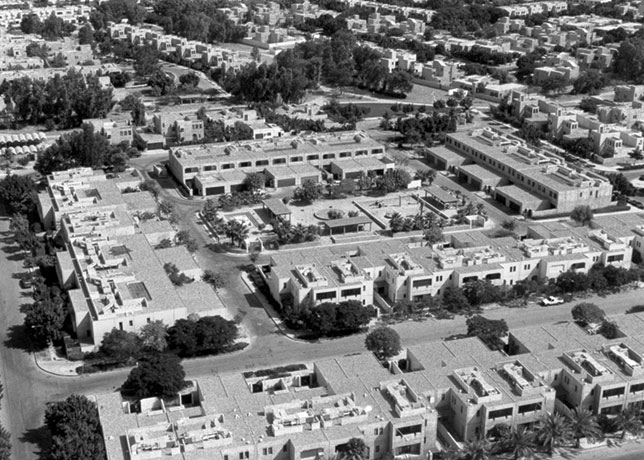 A residential neighbourhood developed in the initiail days of Jubail Industrial City
A residential neighbourhood developed in the initiail days of Jubail Industrial City
The company has done over 300 projects in the Kingdom, but the most iconic project that gives it fame must be the longstanding Jubail Industrial City project, which it still continues to work on
Bechtel, one of the world’s largest engineering, construction, and project management companies, has been a partner in Saudi Arabia development journey since the early 1940s.
In the eight decades of calling the country home, the company has done over 300 projects in the Kingdom, including everything from oil and gas facilities, airports, urban and industrial developments, rail, power projects, and even telecoms.
Some of the many ambitious projects include building the first oil refineries in Ras Tanura in 1943, the Trans-Arabian Pipeline in 1947, the first railroad from Riyadh to Dammam in 1951, and in recent times, Ma’aden, NEOM, Trojena, the Riyadh Metro Project, and most recently, New Murabba.
But the most iconic project that must give it fame is the longstanding, Jubail Industrial City project.
It is considered one of the largest civil engineering undertakings in modern times, one that saw a city develop from nothing.
Bechtel has managed the Jubail project since the start. In 2004, the company was asked to manage Jubail II, an 8,300-hectare expansion of the city’s industrial and residential areas.
'There was a realisation in the early 1970s that there was huge value with associated gas that was being flared off and there was a really kind of prescient decision to embark on this program, and it was steady year after year such that today there's an entire city of over a hundred thousand people,' Jacob Mumm, Managing Director for Bechtel Saudi Arabia, said in an interview with The 966 Podcast.
After having worked on Jubail 1 and Jubail 2, Mumm says there's a future for Jubail 3 as well.
'Recently, the Royal Commission for Jubail and Yanbu has asked us to help manage the industrial zone of Ras Al Khair, which is to the north of Jubail.
'It is an awesome undertaking and you have to go out and see it.'
Jubail today is considered the world’s largest industrial city, and is associated with petrochemicals and the downstream industries.
But there's also a town there for people to live in. 'So, everything from hospitals to schools, universities, corniche and then, of course, all of the utilities, roads, and all of the planning and engineering to support all of these industrial tenants,' Mumm said.
For Bechtel, Jubail is different than many of its other projects in the Kingdom because they work in very close coordination with Royal Commission for Jubail and Yanbu, the autonomous organisation that oversees the industrial cities of Jubail, Yanbu, Ras Al-Khair and the Jazan.
'We're fully integrated. So, when you go into the offices, it's not obvious who works for Bechtel and who works for the Royal commission,' Mumm said.
Last year, Bechtel celebrated its 125th year anniversary as a company.
In the Kingdom, the company worked on some of the early airports, including the international airports in Riyadh, Dammam and Jeddah; and modern oil and gas infrastructure, like Shaybah and Khursaniyah; the Ras al Khair aluminum smelter — the world's largest aluminum smelter and Saudi Arabia's first; Riyadh Metro; and even parts of Neom.
Bechtel employees 4,000 people in the Kingdom, inlcuding a large number of Saudi men and women.
With special focus on young Saudis, and especially women, the company last year signed a partnership with Saudi Women Engineers Society (SWES)to support it with professional development, skill enhancement, and career advancement opportunities for Saudi national women engineers.



















































































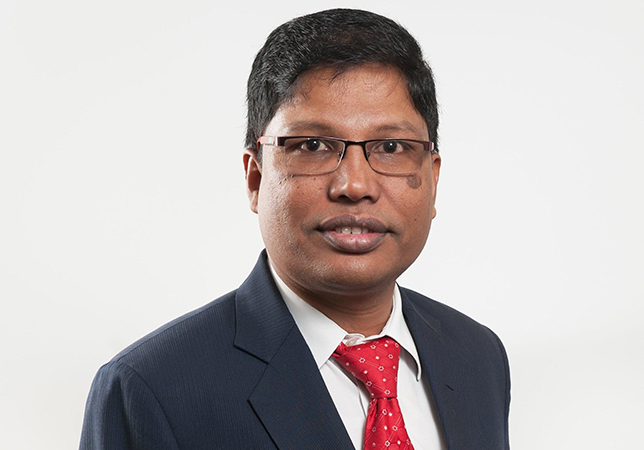
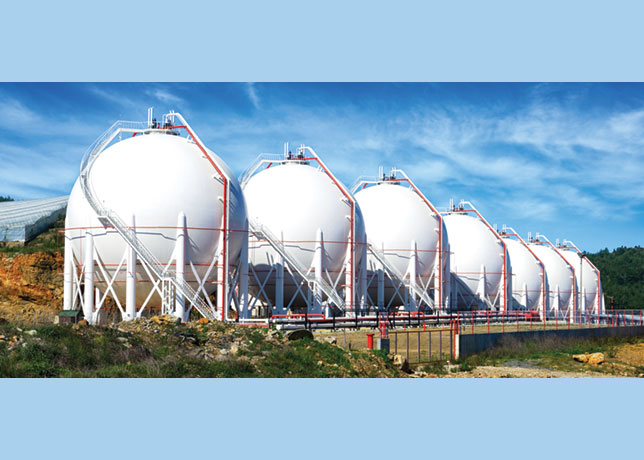
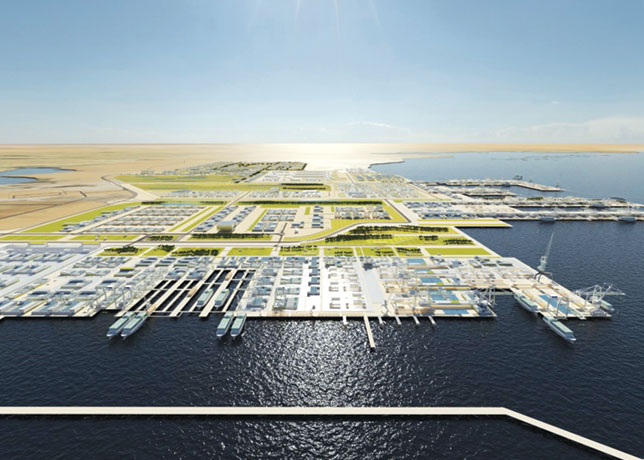

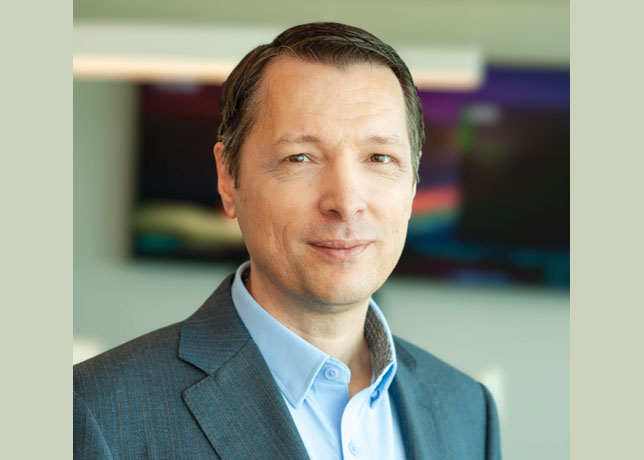
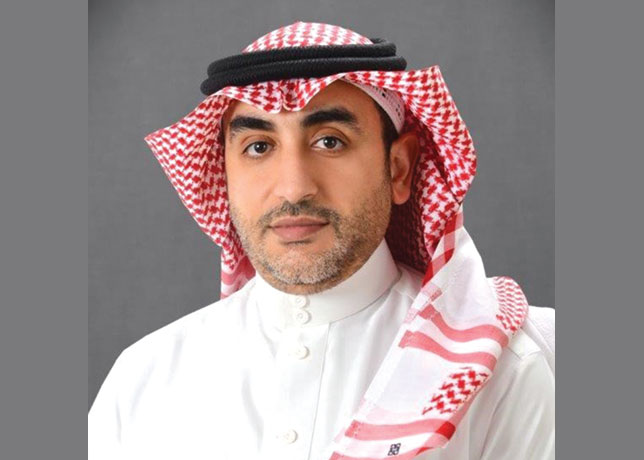
-with-Parab-(centre).jpg)
